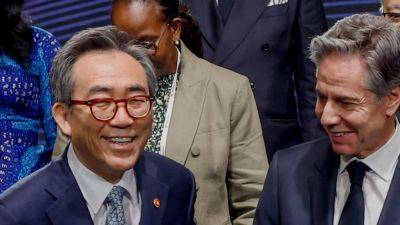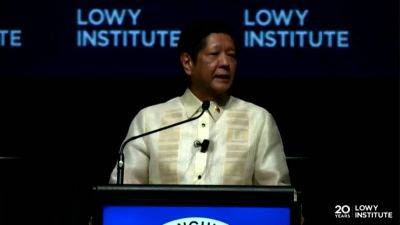US calls for Netherlands, Germany, South Korea, Japan to tighten chip curbs on China, drawing resistance from allies
The US government is pressing allies including the Netherlands, Germany, South Korea and Japan to further tighten restrictions on China’s access to semiconductor technology, a controversial effort that is drawing resistance in some countries, according to people familiar with the matter.
The Biden administration’s latest push is aimed at plugging holes in export controls it has levied over the past two years and restraining China’s progress in developing domestic chip capabilities, said the people, who asked not to be identified discussing private deliberations.
The US also wants Japanese companies to limit exports to China of specialised chemicals critical for chip-making, including photoresist, they said. Japan is home to several leaders in photoresist, including JSR and Shin-Etsu Chemical.
Tokyo and The Hague have responded coolly to Washington’s latest push, arguing that they want to assess the impact of their current curbs before considering tighter measures, some of the people said. US Commerce Department officials raised the issue in Tokyo during a meeting on export controls last month, according to one of the people.
Representatives at ASML, the Dutch trade ministry and Japan’s Ministry for Economy, Trade and Industry declined to comment. In Washington, the National Security Council and the US Commerce Department also declined to comment.
The Biden administration has taken aim at China’s semiconductor industry since 2022, imposing sweeping controls on the export of advanced chip-making machines and sophisticated chips like those used to develop artificial intelligence. Japan and the Netherlands, the two key countries where chip-making equipment is developed, joined the US effort last year.
But holes remain,







